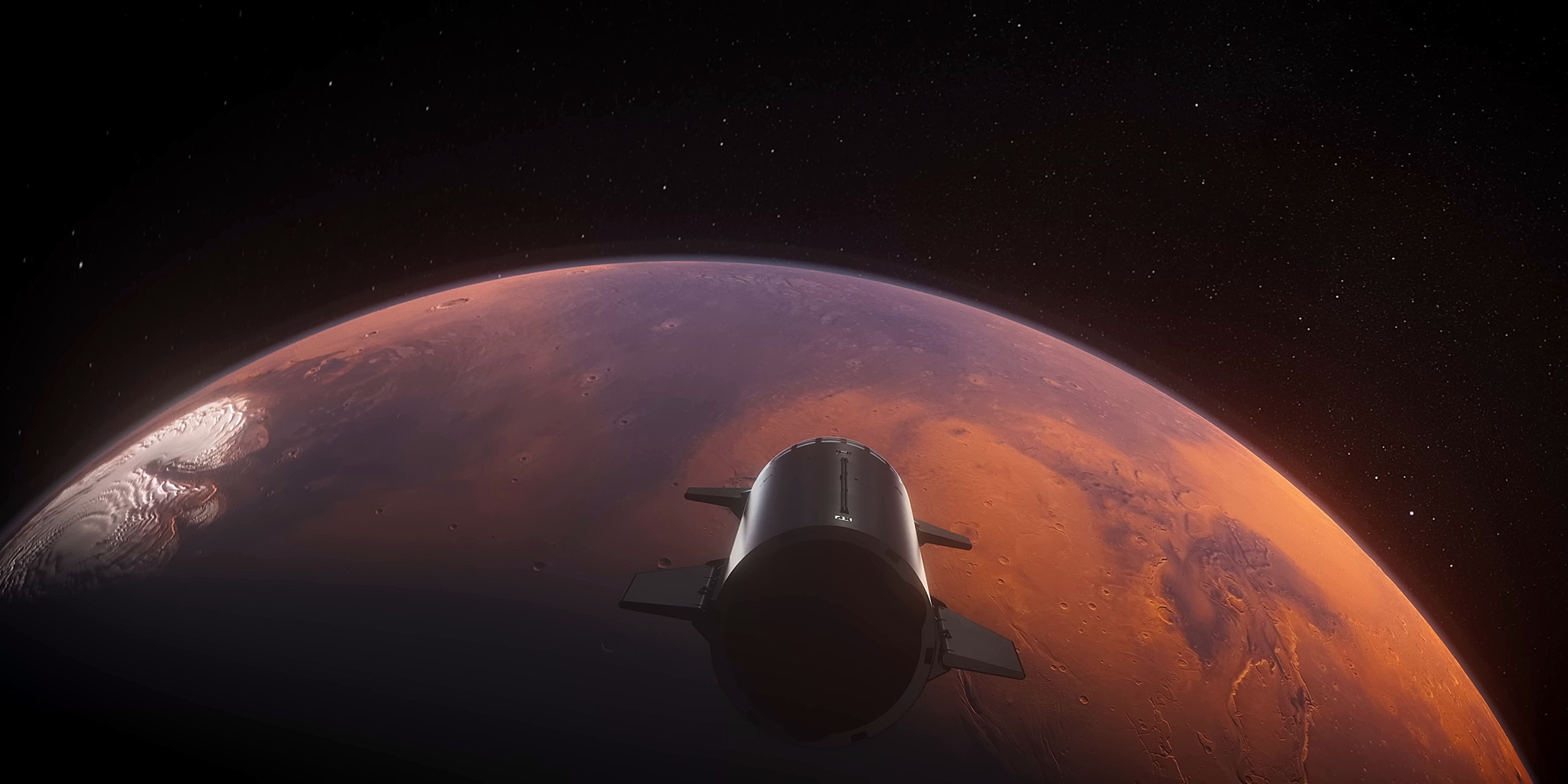A manned mission to Mars remains an important goal for the scientific community. Even Elon Musk believes that humans could land on Mars within the next five to ten years thanks to his Starship spacecraft. NASA also expects this to happen in the next decade. However, new studies question its possibility due to various obstacles, the main of which is the human body’s inability to adapt to interplanetary flight.

An analysis by scientists from University College London (UCL) breaks down humanity’s hopes of colonizing the Red Planet. All because of possible kidney problems for the astronauts during the long trip. The study found that the structure and function of kidneys changed during spaceflight, with galactic radiation causing irreversible damage. This study is published in the journal Nature Communications.
“Kidney resource is enough to get to Mars. But on the way back, astronauts will already need dialysis. If we don’t develop new ways to protect the kidneys, it will be a one-way trip to the planet,” explained study author Dr. Keith Siew.
Harmful effects of space on health
Since the 1970s, spaceflight has been known to cause health problems for astronauts: loss of bone mass, weakened heart and vision, and the development of kidney stones. The cause is thought to be due to the effects of solar wind and galactic cosmic radiation. Earth’s magnetic field provides partial protection in low Earth orbit. But 24 people who visited the Moon were exposed to cosmic rays.

To determine the health of humans during long space travel outside of Earth’s magnetic field, a team of researchers from more than 40 institutions from five continents conducted experiments including biomolecular, physiological and anatomical assessments. The scientists also conducted 11 space simulations involving mice and rats, seven of which included mice exposed to simulated doses of GCR equivalent to 1.5-year and 2.5-year missions to Mars.
The results showed that both human and animal kidneys are changed under these conditions. Specific kidney tubules responsible for regulating calcium and salt balance show signs of shrinkage after being in space for a month. Microgravity is considered the probable cause.
Being aware of the problem, researchers consider possible solutions to the problem. Professor Stephen Walsh, senior author of the study from the London Tubular Centre, said that shielding would not work, but technological or drug interventions could be developed to facilitate long space travel as we learn more about the biology of the kidneys.
According to techspot.com


